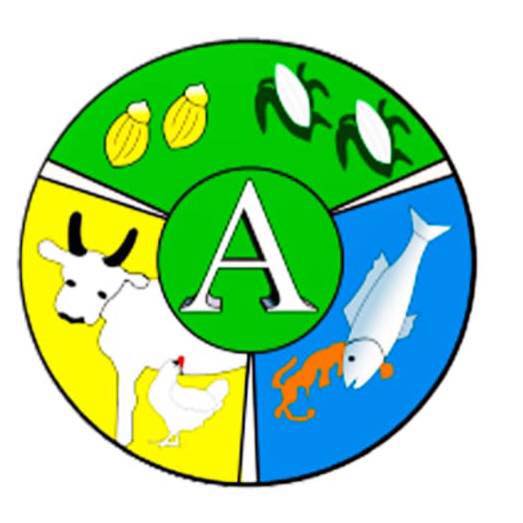On Monday September 29, 2025 we published an editorial inspired by a JoyNews documentary that revealed the struggles of maize farmers in Ejura. Many had harvested abundantly but were unable to sell their produce, as traders turned them away, citing “bad market.” Some, discouraged by losses, even contemplated abandoning farming altogether. This was a sobering reminder that the survival of Ghana’s farmers is closely tied to our national food security.
Barely a day after our editorial piece, the Ministry of Food and Agriculture, in collaboration with the National Food Buffer Stock Company (NAFCO), responded decisively. In a move that deserves commendation, the Ministry announced minimum guaranteed farmgate prices for maize, rice and gari. Under the new arrangement, maize will be purchased at GH¢4.50 per kilogram (GH¢450 per 100kg bag), rice at GH¢12.50 per kilogram (GH¢625 per 50kg bag), and gari at GH¢10.00 per kilogram (GH¢840 per 84kg bag).
This intervention is a significant relief for farmers. For too long, they have been at the mercy of market forces, often exploited by middlemen or left stranded with unsold produce. By setting minimum prices, government has given them a safety net that ensures their labour is rewarded fairly. It also sends a strong message that farmers are valued partners in Ghana’s development, not forgotten hands in the background.
The Chronicle applauds the Ministry for acting swiftly. This responsiveness shows that leadership is listening to farmers and moving beyond promises to concrete action. At a time when food inflation and import dependency are pressing concerns, supporting local farmers through guaranteed prices is both patriotic and economically sound. It is also important to remind the ministry to be proactive in its operations instead of being reactive.
That said, this intervention must not remain a one-off gesture. For lasting impact, it must be part of a sustained and well-structured agricultural policy. Farmers need assurance not only today but in every season, so they can plan ahead with confidence. The system must also be expanded to cover more crops and the guaranteed prices reviewed regularly to reflect the realities of the market.
Equally important, implementation must be transparent and efficient. Farmers must actually feel the benefit on the ground. This requires clear communication, strict enforcement to prevent buyers from undercutting prices, and strong logistics to ensure NAFCO and other agencies can purchase produce in a timely manner.
We also urge citizens to play their part. Patronizing Ghanaian maize, rice, and gari is not just a matter of preference; it is an act of national solidarity. When we choose local produce, we strengthen our economy, protect jobs, and give farmers the encouragement to keep feeding the nation.
The Chronicle, therefore, commends the Ministry of Food and Agriculture for its swift and thoughtful response, while calling for the boldness to sustain and deepen these measures. If properly managed, this initiative could transform Ghana’s agricultural landscape, giving farmers dignity, securing food supply and reducing our dependence on imports.
This is a promising beginning. But more importantly, it should be the foundation for a stronger, fairer, and more resilient agricultural system — one in which the sweat of the farmer always yields not just food, but hope.









